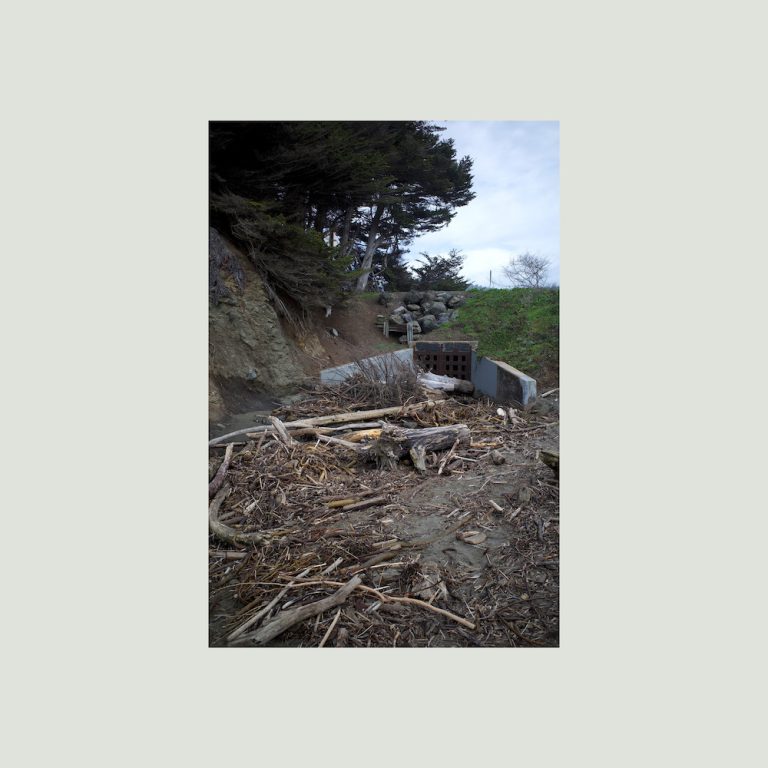Mac DeMarco needs no introduction as he was among the pioneers of bringing back the slacker sound into modern indie music and was the definitive ‘nice guy’ on the DIY-indie scene of the 2010s. His music and lyrics have almost always been lighthearted, reminding the listener that even in the worst of times there are ways to see the bright side. Since his sophomore record 2, he got into the habit of releasing follow-up albums consisting of demos and instrumental versions of tracks on the main release. Those were always a pleasure to hear, as they gave an interesting insight as to how entire songs bloomed from rough drafts and how different they were at certain parts of development. This time around, he has released an all-instrumental record Five Easy Hot Dogs.
DeMarco’s approach on this album is not one that leaves you thinking that he just didn’t record vocals. Tracks on Five Easy Hot Dogs don’t follow familiar pop structures or those that Mac would employ on his vocal records. He uses guitar tones, sonic textures and overall arrangements which instantly let the listener recognise his music, but he does so in a new way.
DeMarco approached Five Easy Hot Dogs as an entirely new project. He drove north from L.A. stopping at various towns and cities and recording in most of them, which is why every track is named after a settlement. In true DIY fashion, Mac brought with him a makeshift studio with equipment that would allow him to make recordings on the go. With certain tracks, it is obvious that the artist has a deeper connection to certain places, where the more familiar DeMarco style pops up, such as “Edmonton” and “Rockaway” (the latter is in reference to where he lived in New York and he didn’t in fact visit it on this trip but rather reminisced about the time he spent there).
Broadly speaking, the feelings transmitted in these songs are those one gets when visiting a city they haven’t been to in a while. There is a mix of nostalgia and a soft excitement about seeing how much has changed. DeMarco is using his signature sound in a new context and structure which breathes fresh air into it. In certain cases that fresh air intensifies the moods that envelope different tracks. For instance, “Gualala 2” is rather bleak and reminiscent of such tracks as “Chamber of Reflection” or “One More Love Song”, but the lack of vocals and a reorganisation of the composition give way for the listener to interpret this bleakness subjectively, which raises the potential emotional response.
The mind becomes much more unpredictable and surprising during long travels. It is interesting how our thoughts and feelings change and form due to being on the road for a long time; there’s something of Kerouac in this album. However, where the beatnik author could write down his ideas on anything that would take ink, for a musician this is no easy task. Hauling even a fraction of one’s musical equipment is already incredibly taxing, but the real challenge is to unfold it all to be able to record something. In a way, that persuades the artist to be more selective about recording and perhaps only going with the strongest of desires to record.
Tracing the city names that appear on the track list of Five Easy Hot Dogs on a map, it becomes very clear that DeMarco didn’t record in every single town that he visited on his trip. However, he went with his feeling and recorded and composed whenever inspiration hit, which is obvious from the music itself. It isn’t polished or meticulously structured: it’s raw and honest.
Mac DeMarco seems to be reinvigorating his style by going for an entirely instrumental record. It does not at all feel lazy, rather a conscious effort to do something new. Five Easy Hot Dogs is an incredibly addictive record that entices with its lightheartedness and almost weightlessness, which is aided by the absence of vocals and lyrics. It allows the listener to attribute their own meaning to these 14 compositions, while also being able to imagine DeMarco’s trip, driving town to town. Sometimes, words are unnecessary or even superfluous, and who, if not Mac DeMarco, is a shining example of how to not overcomplicate music and emotion when it doesn’t call for it?

